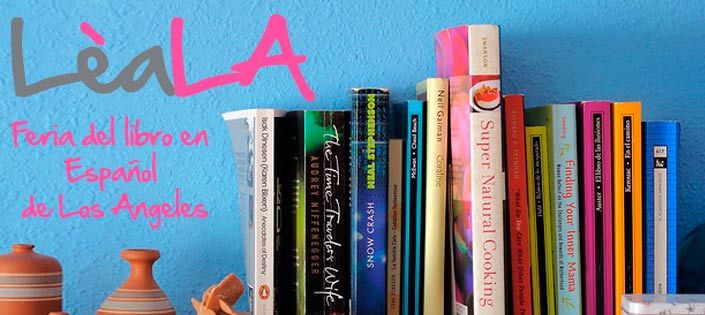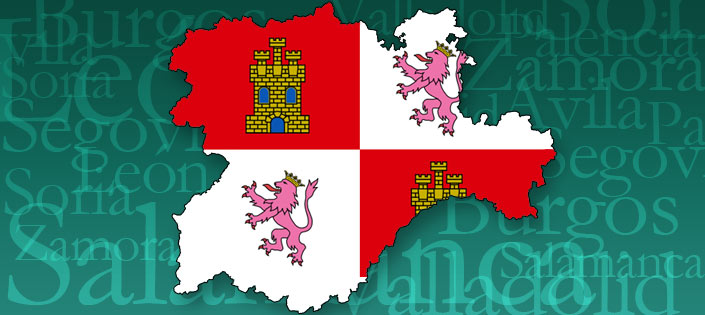Spanish Language Book Fair in Los Angeles | donQuijote

The Spanish Language in the US
The University of Guadalajara is putting on the 3rd annual Spanish language book fair of Los Angeles (LéaLA) at the L.A. Convention Center from the 17th to the 19th of May. Organizers of the fair, the largest of its kind in the US, aim to strengthen the Spanish language in the country, particularly among the children of its Latino community. They expect record turn out this year, planning to attract over one hundred thousand book enthusiasts and more than 300 publishers including the Penguin group and Random House.
Besides an impressive list of over 200 book booths, 90 authors are also scheduled to offer book signings, presentations and readings. Although most of the authors are Mexican, writers and readers of all backgrounds are encouraged to participate in the free event. Chilean rock star Beto Cuevas, of the group La Ley, will be on hand to discuss his new book entitled The Art of Being Beto Cuevas, and American best-selling author Nicholas Sparks will talk about literary translation. Other participating authors include Paco Ignacio, Beatriz Riva and Daniel Krauze.
Marisol Schulz, the director of the fair, is also director of the hugely successful International Book Fair of Guadalajara in Mexico. One of her goals has been to attract greater international attention to L.A.’s book fair, and especially from Latin American countries beyond Mexico. She has already confirmed that members of both Argentina and Colombia’s camaras del libro (trade associations for those in the book industry) will be in attendance this year.
The fair will also pay special homage to the Mexican literary legend Carlos Fuentes and to the widely celebrated Mexican American singer Jenni Rivera, both of whom died last year. Carlos Fuentes’ widow Silvia Lemus will also participate in the tribute to her late husband.
Over 100 Activities to explore Ibero-American Traditions
Over 100 activities are also scheduled for the popular childrens’ area, where kids and parents will get to explore Ibero-American traditions and the rich artwork of the Mexican Muralists. Activities include entertaining and educational stage performances about folk legends from a variety of Latin American regions. A number of childrens’ workshops designed to promote bilingualism have also been scheduled, where kids will hear tales of the plumed serpent Quetzalcoatl and play traditional Mexican games. The group Zaikocirco will also offer entertaining circus performances and puppet shows. Over 40% of last year’s visitors brought their kids, a promising statistic for the future of the Spanish language in the US.
Visitors will also get the chance to see lectures and participate in forums and panel discussions, where a wide range of topics to be discussed include the challenges of distributing and selling Spanish language books in the US, and the history of the city of Tijuana. That city itself is booked as the event’s guest of honor this year.
Although the main purpose of the book festival has been to promote Spanish-language literature and celebrate Latino heritage, event organizers soon discovered their growing venue was also offering a profitable space for booksellers, filling a clear void in the book industry. 80% of visitors made purchases at last year’s fair.


